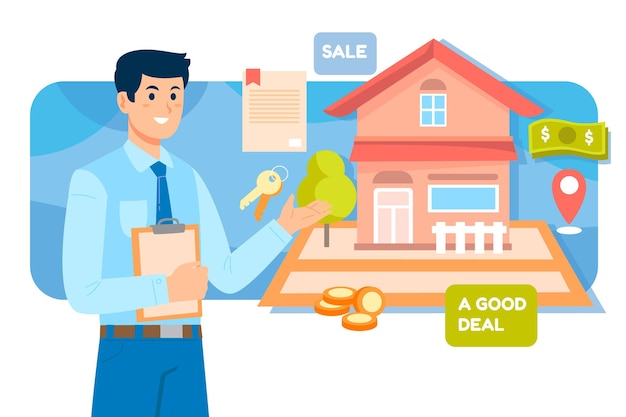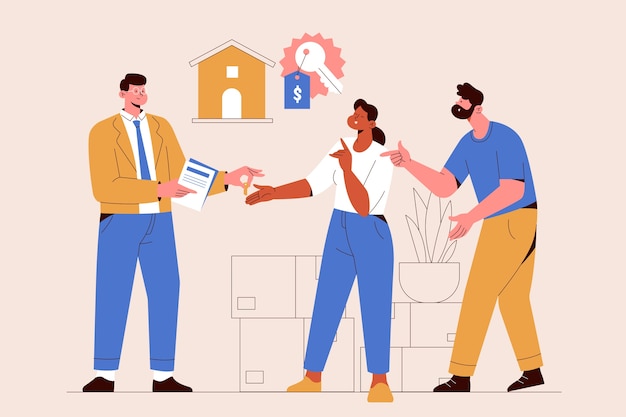
Purchasing a home is undoubtedly a large financial undertaking, perhaps one of the most significant in your entire life. Experienced homeowners are often better equipped to handle this process, thanks to their knowledge of what to expect and how to accurately budget their expenses. But as a first-time homebuyer, I’ve discovered a plethora of unexpected costs seldom discussed. Here are five unforeseen expenditures you need to anticipate when acquiring your first home:
1. CLOSING COSTS
Closing costs are a well-known factor, but the amount and spread of these expenses can take you by surprise if you’re not ready. Charges will include a home inspection, appraisal, attorney’s fee, title fee, loan fee, escrow contribution for taxes, and prepaid homeowner’s insurance for the first 12 months. These costs can rapidly accumulate, and often exceed initial estimates. That’s why it’s best to aim to save more than you expect you’ll need. Also, negotiating a closing costs credit with the seller may lighten your financial load.
2. PROPERTY TAXES
Property tax, a levy assessed on real estate based on the property’s value (including the land), varies by state. It can also fluctuate depending on the city or neighbourhood you choose. So, don’t make the common mistake of assuming your property taxes will remain constant after the purchase. When selecting a house, take the time to study the property tax rates and trends. Aim to cap your total housing costs at 25% of your income. Accounting for property tax fluctuations, try keeping your housing expenses below 30% of your income, offering some financial breathing space.
3. HOME MAINTENANCE AND REPAIRS
The cost of home maintenance and repairs is often either underestimated or overlooked completely. After a home inspection, you might discover that repairs are necessary, some of which may need to be paid for out of your own pocket, particularly if you’re buying the property “as is”. Cosmetic updates, like repainting or installing new flooring, may also incur extra costs. Aim to budget around 1%-3% of the property’s cost for repairs each year. If certain parts of the home are older, consider requesting a 12-month warranty to help alleviate some of the costs of repairs and updates.
4. UTILITY BILLS
Moving from a smaller living space like an apartment to a full-sized home, could notably increase your utility bills. Expenses like electricity, water, gas, and waste disposal, will almost certainly be higher in a larger property. Other costs, like heating/cooling and lawn maintenance, may also increase your utility bills. It’s worth chatting with people in your prospective area to gather an idea of what these expenses might be. Moreover, prepare a little nest-egg to take care of these additional costs.
5. MOVING COSTS
Moving into your new home doesn’t come free. You’ll have to shoulder expenses such as cleaning supplies, hiring professional movers or renting transport for your belongings, and take care of your meals once established in your new place. Advance planning, asking friends and family for help, and aiming to spend below a pre-set budget can alleviate some of these costs.
It is never a mistake to save more than you anticipate you’ll need when buying your first home. Being blindsided by unforeseen expenses or hidden costs can be stressful and potentially financially damaging. A sizeable down payment coupled with a robust emergency fund offers an extra safety blanket against financial worry. Are there any other unexpected costs that you’ve dealt with as a first-time homeowner?


